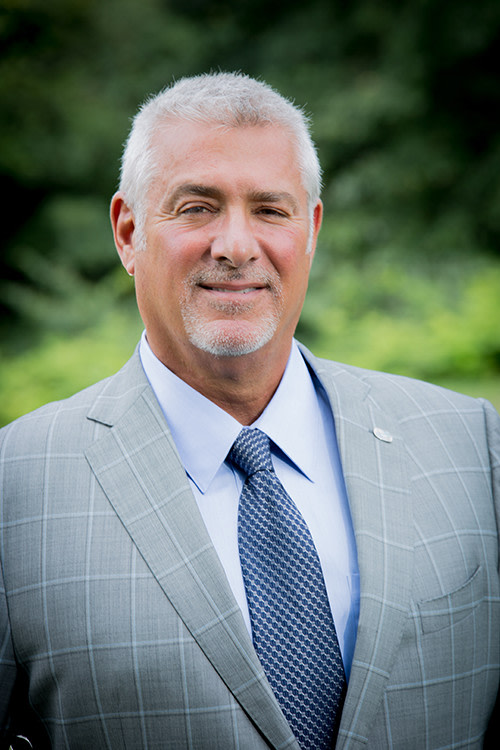By Peter Schorr
It’s safe to say that the year 2020 has changed many of us. It has tested us, deprived us of memories and opportunities, and led to extraordinary suffering on a widespread scale.
As the CEO of Retreat Behavioral Health, a mental health and substance use treatment provider that operates a behavioral health service center at 3624 Market St., I have seen firsthand the effect that the pandemic has unleashed on vulnerable communities — trauma and suffering that some clinicians worry could morph into long-term mental health disorders, and even a so-called “second wave” of depression, anxiety and mental illness.
Nearly two-thirds of countries have “reported disruptions to mental health services for vulnerable people,” most severely affecting children and adolescents and older adults, according to a World Health Organization survey released in October. Here at home, the Centers for Disease Control and Prevention found that 40 percent of adults in the U.S. were struggling with mental health or substance use, and 13 percent “started or increased substance use” during the pandemic.
Meanwhile, this all comes as we try to cope with a new source of stress: the holiday season. With recent increasing levels of infection and presumably for much of the upcoming winter, we are all making sacrifices on being with family, friends and loved ones. For instance, this year, one of my favorite annual traditions — the holiday gathering of our Retreat staff, where my team and I celebrate their phenomenal work throughout the year — won’t happen as we continue to uphold and enforce strict physical distancing, for everyone’s health and safety.
The good news is that there are things within our control that can bring us a bit of joy and support us through these trying times. Here are a few strategies that could help:
• Do a physically distant virtual family gathering: We all must do our part to advance public health and protect ourselves and our families this holiday season. If you’re not too fatigued after a year of countless virtual meetings and calls, a gathering of loved ones over a video call can be a way to connect with one another and remind each other that better days are coming. But if you need a break from virtual gatherings, consider carving out some time to write holiday letters to people who are important to you. Just the act of putting words on paper can be very cathartic in itself.
• Utilize telehealth services and consider attending a virtual recovery meeting: At Retreat, we utilize telehealth to support our patients remotely, but you, too, can contact your insurance provider to determine which mental health counselors are available to you. Plus, consider attending some of the many digital meetings happening across the country if you’re in recovery, in order to tap into an ongoing support network.
• Contribute to a philanthropic cause: Consider donating to a cause you care about to help support people in need — it’s a great way to help others, and to satisfy your own sense of well-being and purpose in a deep, fulfilling way.
• Remember that this is only a temporary condition: Early in the pandemic, many of us assumed that this would all be behind us in a matter of weeks. Even though that has proven not to be the case, it is certain that, eventually, this period will at last conclude, and we will have all grown and evolved significantly as a result of it.
The lessons of resilience are ones that people dealing with mental health and substance abuse issues have had to master on their road to finding a more peaceful, wholesome life. Those same lessons are sure to power us through the remaining period of this crisis, too. ••
Peter Schorr is CEO of Retreat Behavioral Health.





